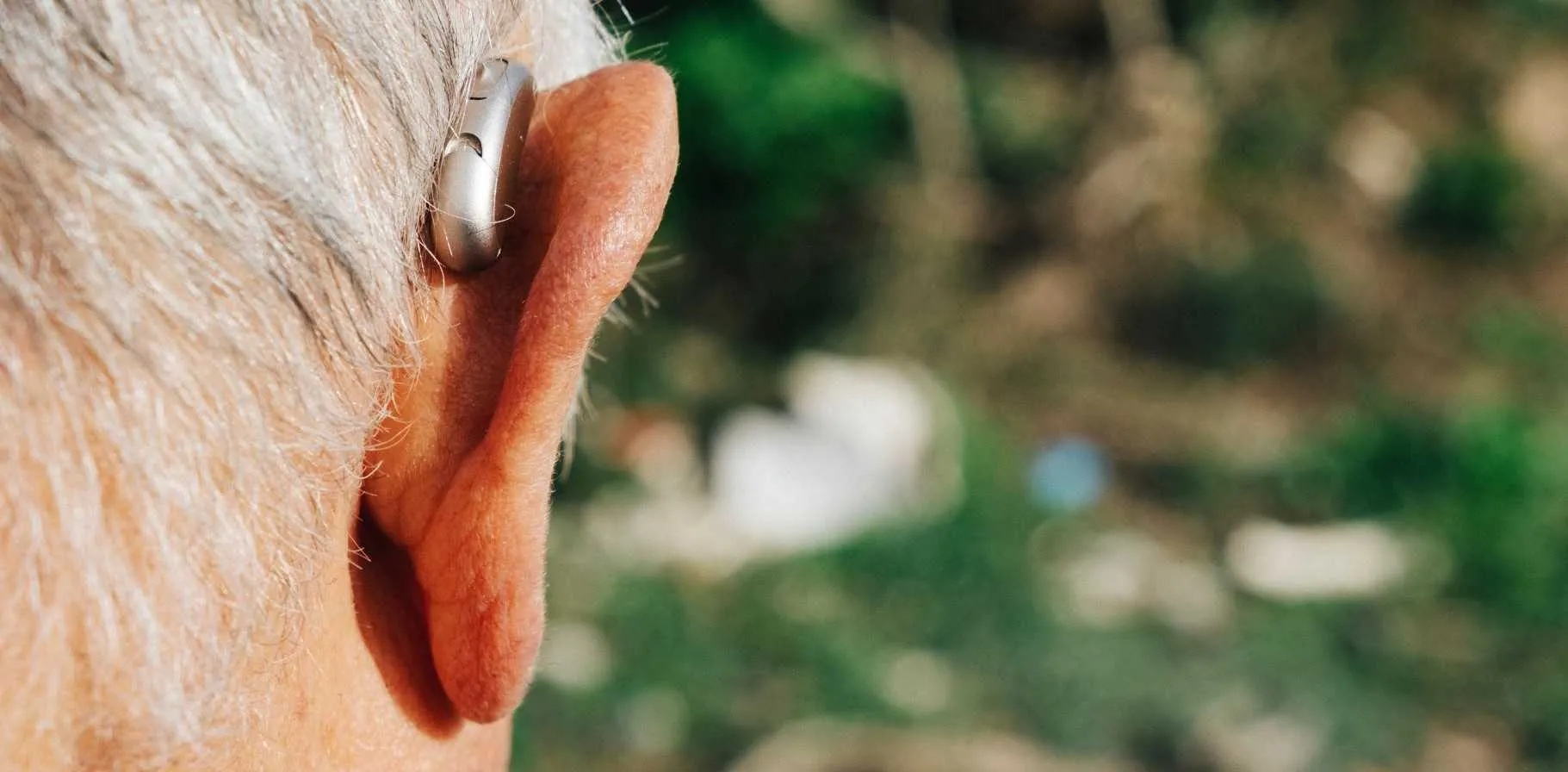Can Red Wine Prevent Hearing Loss?

Can Red Wine Prevent Hearing Loss?
3 min.
Publication Date: 23 December 2022
Many people find sitting down to sip on a glass of red wine after a long day relaxing and enjoyable. If you're of them, you're in luck. There is a fascinating connection between red wine and hearing. Read on to learn about how a few glasses a week can impact your hearing and overall health.
Health Benefits of Red Wine
Red wine is loaded with antioxidants and tannins, which can improve high blood pressure and have antimicrobial and antiviral effects. That being said, this isn't what connects red wine and hearing loss. Red wine's ability to influence your hearing is due to resveratrol, which is concentrated in the skins and seeds of red grapes and some other berries.
What is Resveratrol?
Resveratrol is an anti-inflammatory plant compound. It's linked to positive effects on blood fats, joint pains, cognition, and hearing. In 2013, a study was conducted by Dr Michael Seidman and his team at the Henry Ford Hospital in Michigan, US. The purpose of the study was to determine if resveratrol consumption could prevent noise-induced hearing loss.
They found that resveratrol's anti-inflammatory properties could assist in preserving the hair cells found within the inner ear. These hair cells are critical to our hearing, as they convert sound waves into electrical signals for our brains to interpret.
Both noise-induced and age-related hearing loss are caused by damage to these hair cells. This damage is irreversible, so although resveratrol can't restore hearing, Dr Seidman's research, did show that resveratrol can help preserve hearing before this damage is done.
Always Drink in Moderation
A glass of red wine now and then can have its benefits, but there's also a connection between excessive drinking and hearing loss. Studies have shown that high alcohol consumption can damage the brain's central auditory cortex over time. This can cause the brain to take longer to process sounds and make it harder to distinguish one voice from another in some environments.
Of course, there are many other risks to heavy alcohol consumption and alcohol abuse. Alcohol has been linked to more than 60 diseases, both short and long-term. This includes, but is not limited to:
This is why it's always important to enjoy your drinks in moderation. Opinions differ on how many glasses of wine a week is too much, so it's best to consult your doctor to learn more.
Other Ways to Consume Resveratrol
Are you part of the 60% of Australians that prefer white wine over red? Good news — some white wines also have resveratrol, though in much lower amounts. If you're not a wine drinker at all, there are plenty of other ways to consume resveratrol. This anti-inflammatory compound can also be found in several other foods, including:
- Grape juice
- Cocoa
- Peanuts
- Blueberries
- Bilberries
- Cranberries
Lifestyle Changes Can Make a Difference
The food and drinks we consume are just one of many factors that can affect our hearing health. You can also make your hearing a priority by protecting your ears from excessive noise and attending annual hearing tests — which you can schedule by contacting us today.
Author
Connect Hearing
.png?branch=web_prod)
.png?branch=web_prod)